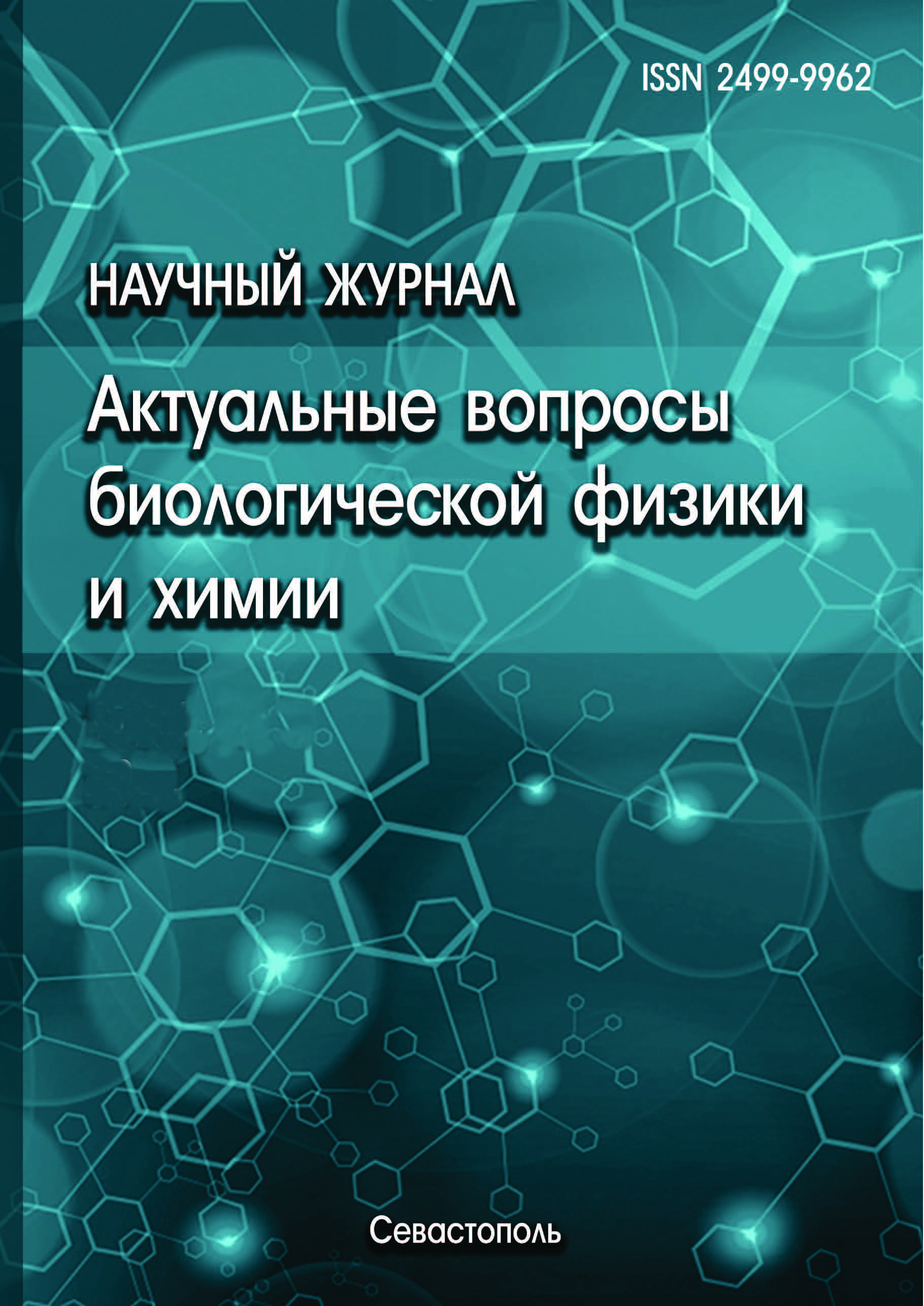The preparation of nanocontainers for targeted drug delivery is a rapidly developing field of biomedical chemistry. The synthesis of biodegradable block copolymer of polyethylene glycol (PEG-5000) with polylactic acid (PLA) was performed via stannous octoate initiated ring-opening polymerization in bulk. Molecular weights and molecular weight distribution of obtained polymer were studied by Size exclusion chromatography (SEC). For the characterization of obtained samples 1H-NMR was used. Polymer particles with the sizes from 40 to 200 nm were prepared by nanoprecipitation method. Dioxadet was encapsulated in biodegradable polymer containers this cytotoxic drug used for the treatment of ovarian cancer. The encapsulation efficiency for the developed systems ranged from 46 to 83%, the loading content was equal to 230 μg mg-1 of particles.
biodegradable particles, drug delivery, nanoprecipitation
1. Rao J.P., Geckeler K.E. Polymer nanoparticles: Preparation techniques and size-control parameters. Prog. Polym. Sci., 2011, vol. 36, no. 7, pp. 887-913.
2. Makadia H.K., Siegel S.J. Poly Lactic-co-Glycolic Acid (PLGA) as biodegradable controlled drug delivery carrier. Polymers, 2011, vol. 3, no. 3, pp. 1377-1397.
3. Lepeltier E., Bourgaux C., Couvreur P. Nanoprecipitation and the “Ouzo effect”: Application to drug delivery devices. Adv. Drug Deliv. Rev., 2014, vol. 71, pp. 86-97.
4. Beck-Broichsitter M. [et al.] Preparation of nanoparticles by solvent displacement for drug delivery: A shift in the “ouzo region” upon drug loading. Eur. J. Pharm. Sci., 2010, vol. 41, no. 2, pp. 244-253.










